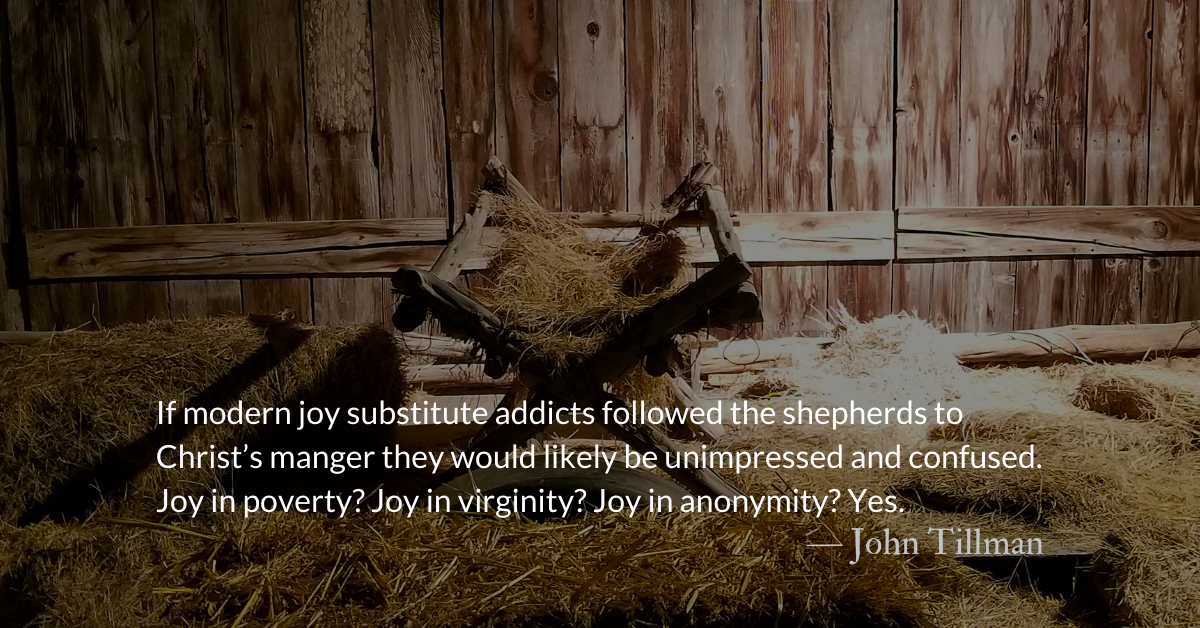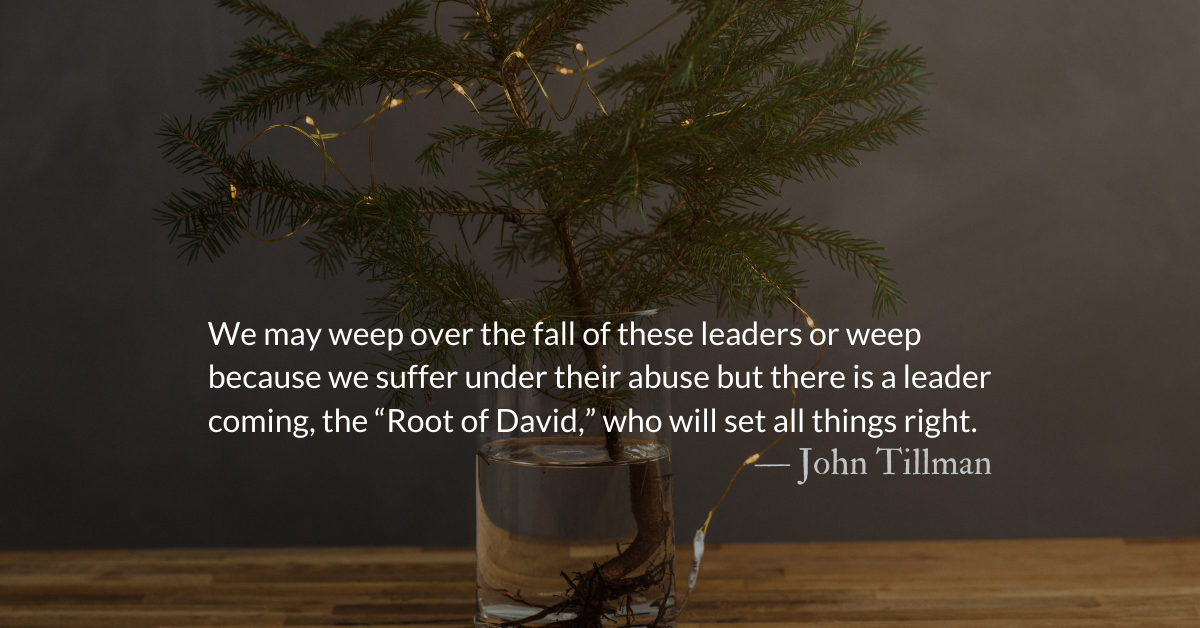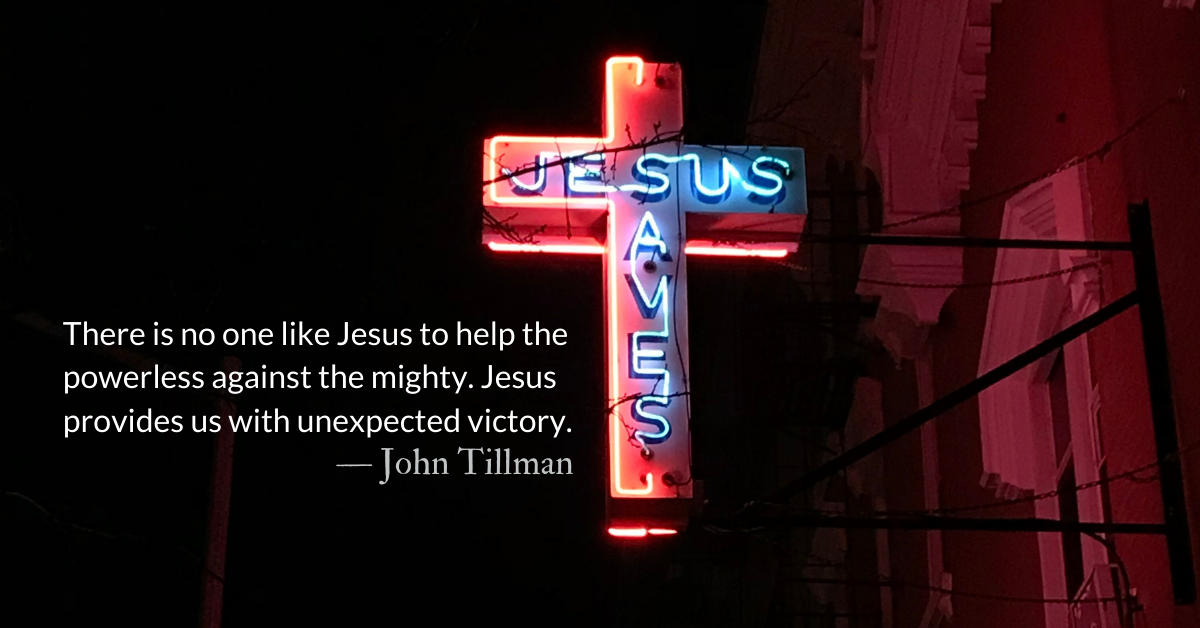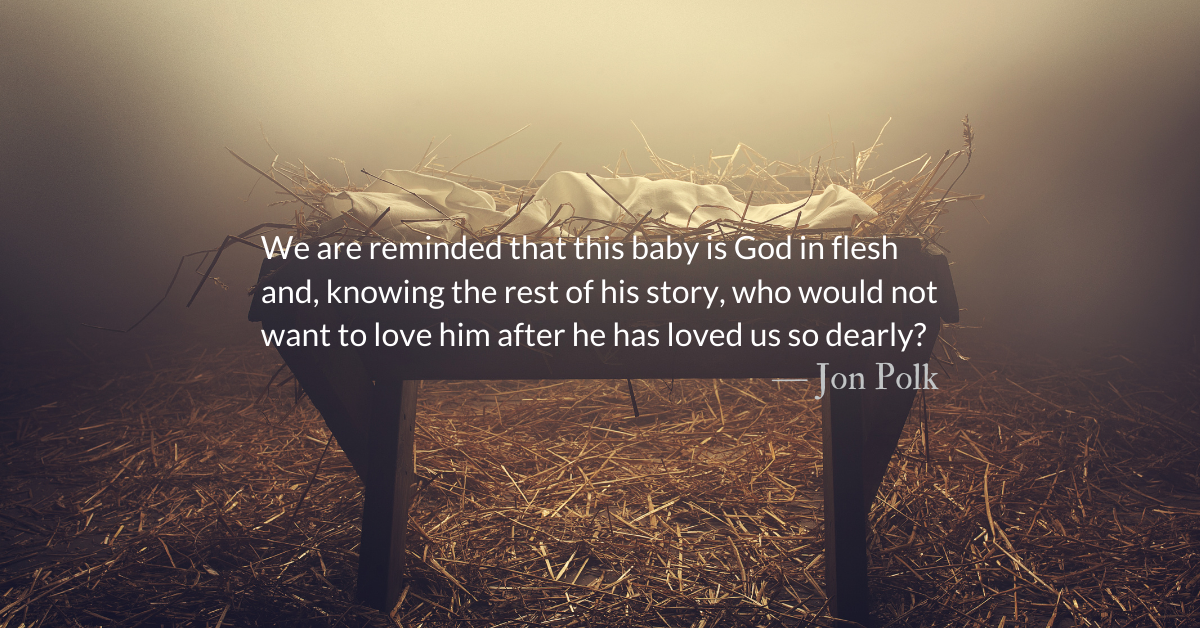Scripture Focus: Revelation 7.15-17
Therefore, “they are before the throne of God
and serve him day and night in his temple;
and he who sits on the throne
will shelter them with his presence.
‘Never again will they hunger;
never again will they thirst.
The sun will not beat down on them,’
nor any scorching heat.
For the Lamb at the center of the throne
will be their shepherd;
‘he will lead them to springs of living water.’
‘And God will wipe away every tear from their eyes.’”
From John: What passes for “joy” in our culture is so far short of true joy. This lightly rewritten post from 2019 contrasts cultural definitions of joy with the true joy in Christ that we celebrate in Advent.
Reflection: Saccharine Joy — Joy of Advent
By John Tillman
Our culture uses the word “joy,” but we do not know what it means.
Ecstasy is our culture’s go-to joy substitute. We pursue sexual ecstasy as if it was the most valuable thing in the world. Drug companies and entertainment companies are monetizing sex while younger generations are having less and less of it. Entire industries are built around sex, including entertainment, fashion, and abortion. Everything from children’s clothing to cars, to mobile devices are sexualized in their marketing and in their design. Those who are not pursuing and experiencing extravagant sex lives are portrayed consistently with pity as if they have nothing to live for.
Luxury is another shallow joy substitute to which our culture is addicted. Whether luxury foods, such as the gold-infused world’s most expensive tacos, or more attainable luxuries such as exclusive restaurants, wines, or luxury cars, we consistently conflate the finer things of life with being joy-filled. We continue to do this despite messages in popular culture, including perennial favorites, A Christmas Carol and It’s A Wonderful Life, which tell us that money can’t buy happiness. The Bible goes further. It tells us that riches are not only meaningless but a spiritual danger, making it more difficult to enter the kingdom of God.
Saccharine substitutes for the true sweetness of joy are worse than artificial sweeteners in our food. Artificial sweeteners don’t destroy our ability to taste sugar or honey, but our addiction to ecstasy and luxury makes us insensitive to and unsatisfied by true joy.
If modern joy substitute addicts followed the shepherds to Christ’s manger they would likely be unimpressed and confused. Joy in poverty? Joy in virginity? Joy in anonymity? Yes.
On the other hand, John’s throne room vision of the future is appealingly luxurious. But the joys of the saints in eternity come not from the throne room, but from the manger—and the cross.
To see the joy the shepherds saw and celebrated, we need to lose the lenses of luxury and ecstasy and look on the manger with new eyes.
In the darkness of Advent, we await the joy of good news. May we recognize and proclaim it. The gospel is good news that, to the world, seems as foolish as proclaiming a penniless child king. That is exactly what the shepherds did. It is what we must do as well.
Divine Hours Prayer: The Refrain for the Morning Lessons
Truly, his salvation is very near to those who fear him, that his glory may dwell in our land. — Psalm 85.9
– From The Divine Hours: Prayers for Autumn and Wintertime by Phyllis Tickle.
Today’s Readings
2 Chronicles 18 (Listen – 5:51)
Revelation 7 (Listen – 2:56)
Read more about Supporting our Work
We need and pray for donors of all amounts, and for those who can donate every month as well as those who donate once-a-year or at other intervals.
Read more about Good Christian Men, Rejoice — Carols of Advent Joy
We need to choose to embrace true joy, even in the midst of difficulty.
#Joy #CarolsOfAdvent #GoodChristianMenRejoice #Rejoice











